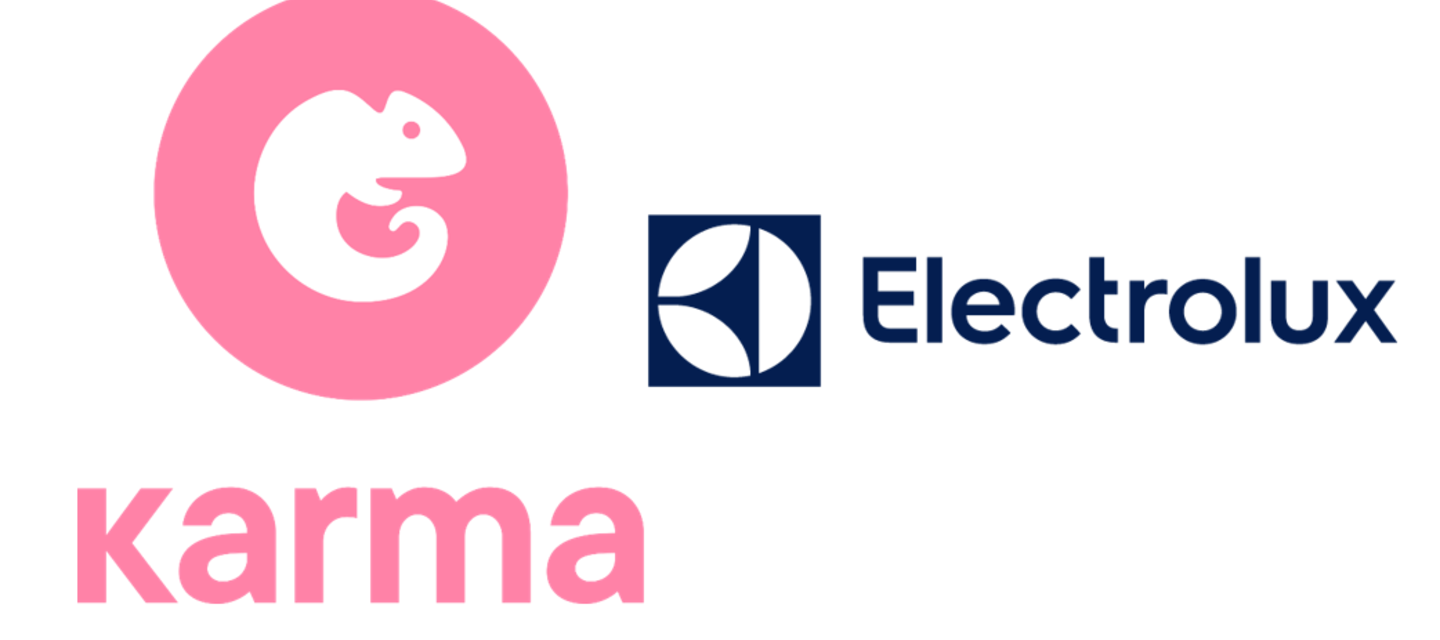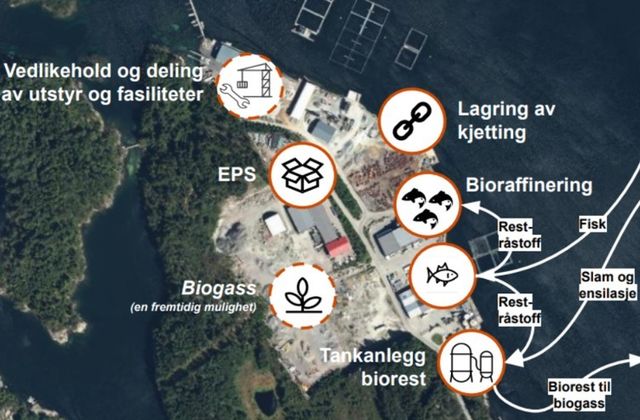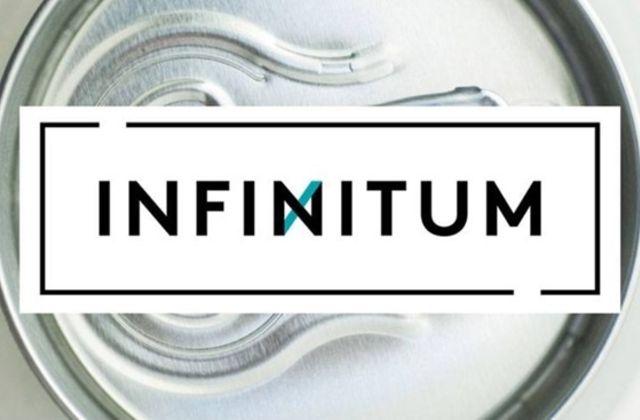What is it? Karma is a food rescuing company that aims to eliminate food waste by allowing “retailers to sell their surplus food to consumers at half price” through its app (Karma, 2020b). Founded in Sweden in 2016, Karma has now expanded to markets in the UK and France (Karma, 2020b). In 2018, Karma started a pilot collaboration with Electrolux, to create food rescuing Smart Fridges, that would make it easier for consumers to purchase (rescue) surplus food (Electrolux, 2020; Karma, 2020c).
Why is this important? Food production accounts for 26% of global greenhouse gas (GHG) emissions (Ritchie, 2019). However, one-third (1.3 billion tonnes/year) of all food produced goes to waste (FAO, 2011). When this wasted food is disposed of, it can produce methane, a greenhouse gas 84 times more potent than CO2 (UNECE, 2020). The resulting emissions from food waste account for 6% of global GHG emissions, which is four times higher than the entire aviation industry (Karma, 2020a; Ritchie, 2020). Thus, eliminating food waste is an important goal in mitigating global warming. The Karma – Electrolux Smart Fridges can help businesses connect consumers with their surplus food more easily (Karma, 2020c).
Main resource strategy: Slowing the Loop by connecting consumers with surplus food more easily.
Business model aspects: Karma and Electrolux have collaborated to trial Smart Fridges to tackle food waste.
- Value Proposition: A smart fridge to ease pick up of surplus food items.
- Value Creation & Delivery: Businesses can purchase the fridge from Karma’s website. Karma delivers and installs the smart fridge for free. Retailers can then place surplus food items that they want to sell in the smart fridge, and place an ad for the items on the Karma app. Customers can then buy the food items at a discounted rate on the app, and pick up their order from the fridge without any input from store staff. Customers can unlock the smart fridge using the app, only after a purchase is made. The rescued items are displayed on the order invoice and if needed, can be shown for inspection before leaving the store (Karma, 2020a).
- Value Capture: Businesses can receive an additional revenue stream, by selling good food that would otherwise have gone to waste, while reducing the amount of staff engagement needed to manage the process (Karma, 2020c).
Business model experimentation practices: The Smart Fridges have been piloted in stores and public spaces across Sweden in 2019. Following extremely positive results from the pilot, the companies have future plans for European Expansion (Electrolux, 2020).
Sustainability outcomes: According to their Karma and Electrolux’s estimates, “67% more food that was near-expiry date but still perfectly edible reached the tables of consumers” (Electrolux, 2020, p. 73; Karma, 2020c).
Sources:
Electrolux. (2020). Sustainability Report 2019. Accessed 14 December 2020 at: https://www.electroluxgroup.com/sustainabilityreports/2019/files/2019/PDF/Electrolux_Sustainability_Report_2019_final.pdf
FAO (2011). Global Food Losses and Food Waste. Extent Causes and Prevention. URL: http://www.fao.org/3/mb060e/mb060e00.htm
Karma. (2020a). About Food Waste. Accessed 14 December 2020 at: https://karma.life/about-food-waste
Karma. (2020b). About Us. Accessed 14 December 2020 at: https://karma.life/about
Karma. (2020c). Fridge. Accessed 14 December 2020 at: https://karma.life/fridge
Ritche, H. (2019). Food Production is Responsible for One-Quarter of the World’s Greenhouse Gas Emissions. Our World in Data. Accessed 14 December 2020 at: https://ourworldindata.org/food-ghg-emissions
Ritchie, H. (2020). Food Waste is Responsible for 6% of Global Greenhouse Gas Emissions. Our World in Data. Accessed 14 December 2020 at: https://ourworldindata.org/food-waste-emissions
UNECE (2020). Sustainable Energy: Methane Management – The Challenge. Accessed 14 December 2020 at: https://unece.org/challenge
***
About project Circular X
Project Circular X is about ‘Experimentation with Circular Service Business Models’. It is an ambitious research project funded by the European Research Council (ERC) which supports top researchers from anywhere in the world. Project CIRCULAR X runs from 2020-2025. The project is led by Principal Investigator (PI) Prof Dr Nancy Bocken, who is joined by a multidisciplinary team of researchers at Maastricht Sustainability Institute (MSI), Maastricht School of Business and Economics, Maastricht University. The project cooperates with businesses who want to innovate towards the circular economy.
Project Circular X addresses a new and urgent issue: experimentation with circular service business models (CSBMs). Examples of such new business models include companies shifting from selling products to selling services and introducing lifelong warrantees to extend product lifetimes. However, CSBMs are far from mainstream and research focused on experimentation is little understood. The research aims to conduct interdisciplinary research with 4 objectives:
- Advancing understanding of CSBMs; their emergence and impacts
- Advancing knowledge on CSBM experimentation
- Developing CSBM experimentation tools
- Designing and deploying CSBM experimentation labs
Funding source
This project has received funding from the European Research Council (ERC) under the European Union’s Horizon 2020 research and innovation programme, grant agreement No. 850159.
Using of this information
When you refer to this case, please use the following source:
Circular X. (2020) Case study: Karma – Electrolux: Food Rescuing Fridges. Accessed from www.circularx.eu



